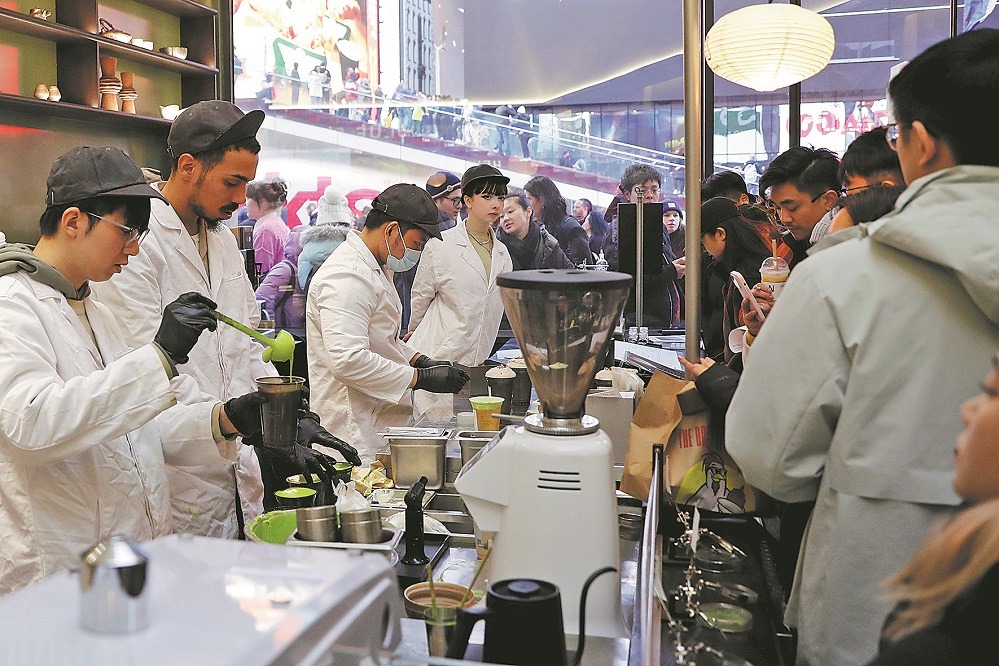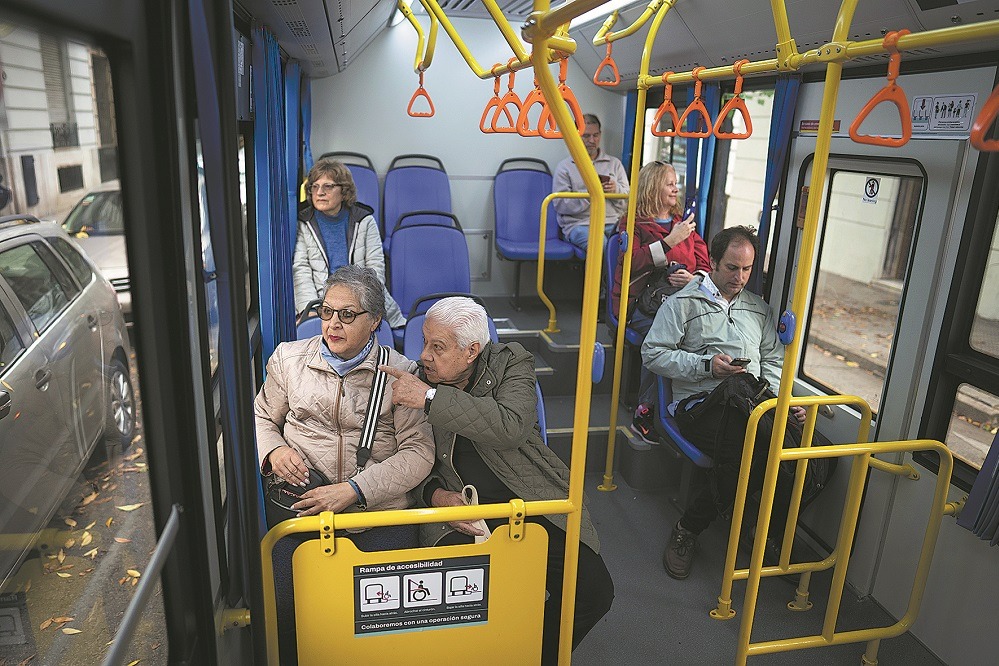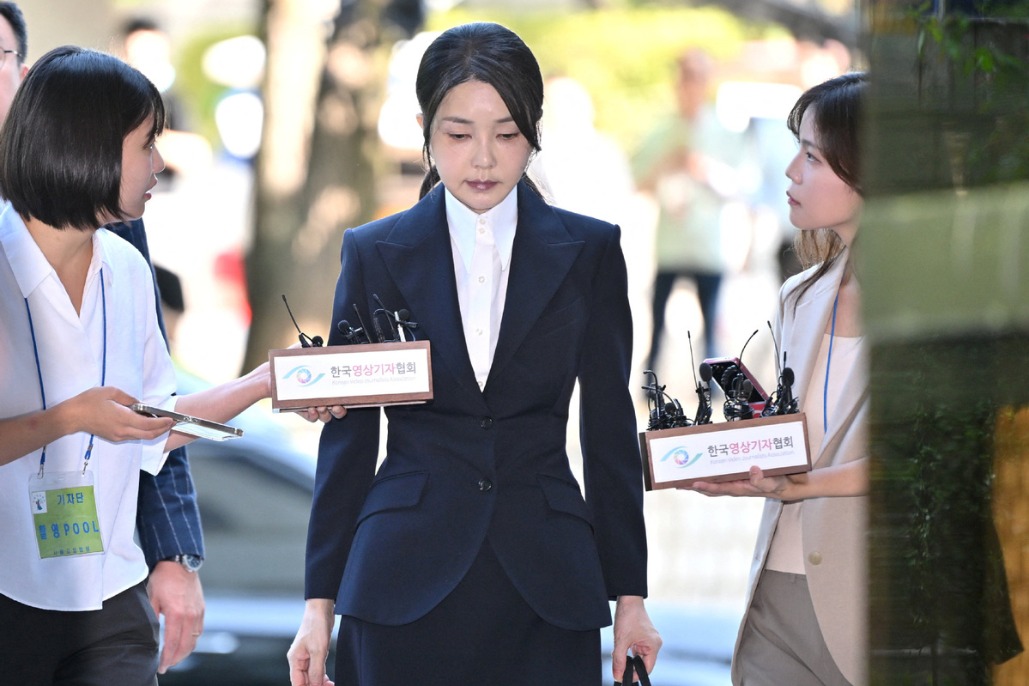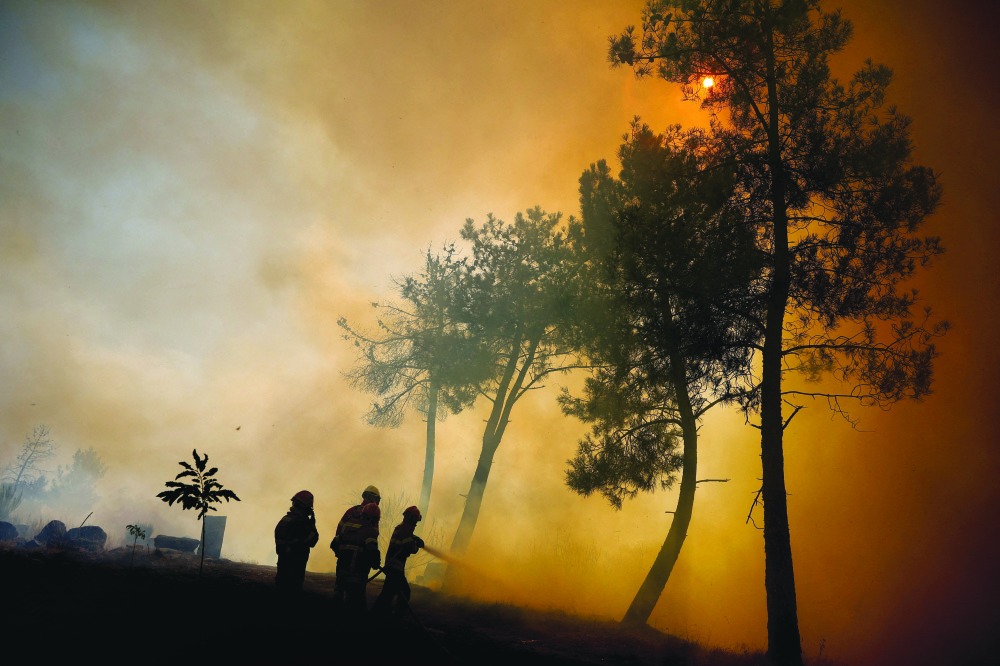Chinese students in US worry about backlash, future

US politicians' referring to the coronavirus as the "Chinese virus" has made some Chinese students in the US fearful of their personal safety and future.
"Even before he (US President Donald Trump) made such a claim, we have heard about friends and people in the Chinese American community verbally attacked and discriminated for wearing masks on the street," said Zhao Jingyang, a Chinese student leader at the University of California, Berkeley (UCB).
"We are increasingly worried about rising extreme activities against our community after he made those (Twitter) posts," she said.
While Trump on Tuesday appeared to pull back from associating the virus with China, he repeatedly referred to COVID-19 as the "China virus" or "Chinese virus" in the past week.
In a Tuesday interview with Fox News, Trump said that "I don't regret" calling it that," but added that "we shouldn't make any more of a big deal out of it. I think I've made a big deal. I think people understand it."
He first referred to the coronavirus as the "Chinese virus" in a March 16 tweet, and in previous interviews had disputed that the term is racist, despite wide criticism.
"Despite the WHO guideline, the president as a leader of the country decided to make such a controversial and discriminatory claim – it's obvious that he is doing so deliberately," said Zhao, who added she was "irritated and disappointed".
In 2015, the World Health Organization (WHO) issued a guideline for naming human infectious diseases. Geographic locations, people's names, species of animal or food, cultural, population, industry or occupational references are among the terms that should be avoided in disease names, according to the guideline.
"It feels to me like a kind of politicized demonstration with information that intends to distract people's attention from some internal conflicts in the US," said Oleg Wang, a student at Ohio State University.
Zhuozi, a graduate student at the University of Southern California who offered only her first name, said that after the "Chinese virus" posts, she started to feel less secure when visiting local Chinese neighborhoods.
"We've heard about at least two cases of local Chinese restaurants getting attacked – that put the Chinese student community on alert," she said.
She also talked about feeling "a bit uncomfortable" for sometimes being the only one dressed in protective gear – mask and disposable gloves – in public spaces like supermarkets.
"But it depends on the area that you are in – I'm less concerned about my safety when I'm in my neighborhood," said Zhuozi, who lives in an apartment in downtown Los Angeles, where the majority of residents are local Americans.
On Monday, Trump said in a tweet that it is important to protect the Asian American community in the US and around the world. The spreading of the virus "is NOT their fault in any way, shape, or form", he wrote.
It (the reversal) mostly "serves as cheap rhetoric to win Asian American votes", said Yuezhi Zhao, a professor and Canada Research Chair in the Political Economy of Global Communication at Simon Fraser University.
Zhao said she saw that most of her American friends stood against the "discriminatory claims".
Some organizations have initiated campaigns against the term "Chinese virus", with people writing on their masks "C for Coronavirus, not for Chinese", she said.
"Most of us Chinese international students remain quite rational – we are getting used to all kinds of voices. And we are all aware that our biggest enemy is the virus, not those whose opinion differs from ours," Zhao told China Daily.
The Chinese student community is uniting during a challenging time. Chinese student groups across the US, including but not limited to those at the University of California at Davis, Berkeley and Irvine, University of Washington, Columbia University and the University of Illinois are all offering protective gear to students.
Some extended their help beyond the student community. The Chinese student association at Columbia University donated protective coveralls to the New York-Presbyterian Queens hospital.
Chinese students and alumni from UCB partnered with local non-profit organizations to establish a coronavirus relief fund called the "Chinese American Stronger Together – Medical Supplies Fundraising for US Hospitals" and raised more than $11,000 in 24 hours after launching the campaign.
"Still, recent developments put me off the idea of working in the US for some time after graduation," added Zhao.
Zhuozi, who has worked part time at local education company ONPS International Summer School for several months, echoed the idea. She said she is reconsidering her plan to obtain a work visa after graduating this summer.
Staying in the US or going back to China after graduation has long been a dilemma for many students, including her, she said, but the outbreak and how events have unfolded in recent weeks became an impetus for many to choose their home country over the states.
"We are also seeing intense reactions from parents," said Zhuozi.
She was in several WeChat groups of Chinese parents whose children are studying at US colleges. Every one of them sees "over a thousand messages every day discussing things like policy changes and safety notes", and quite a few parents are persuading their children to return home, said Zhuozi.
"My parents barely ever worried about my safety, but the president's tweets definitely changed that. They check in with me every day now.
"It's a life-changing time for me," she said.
































